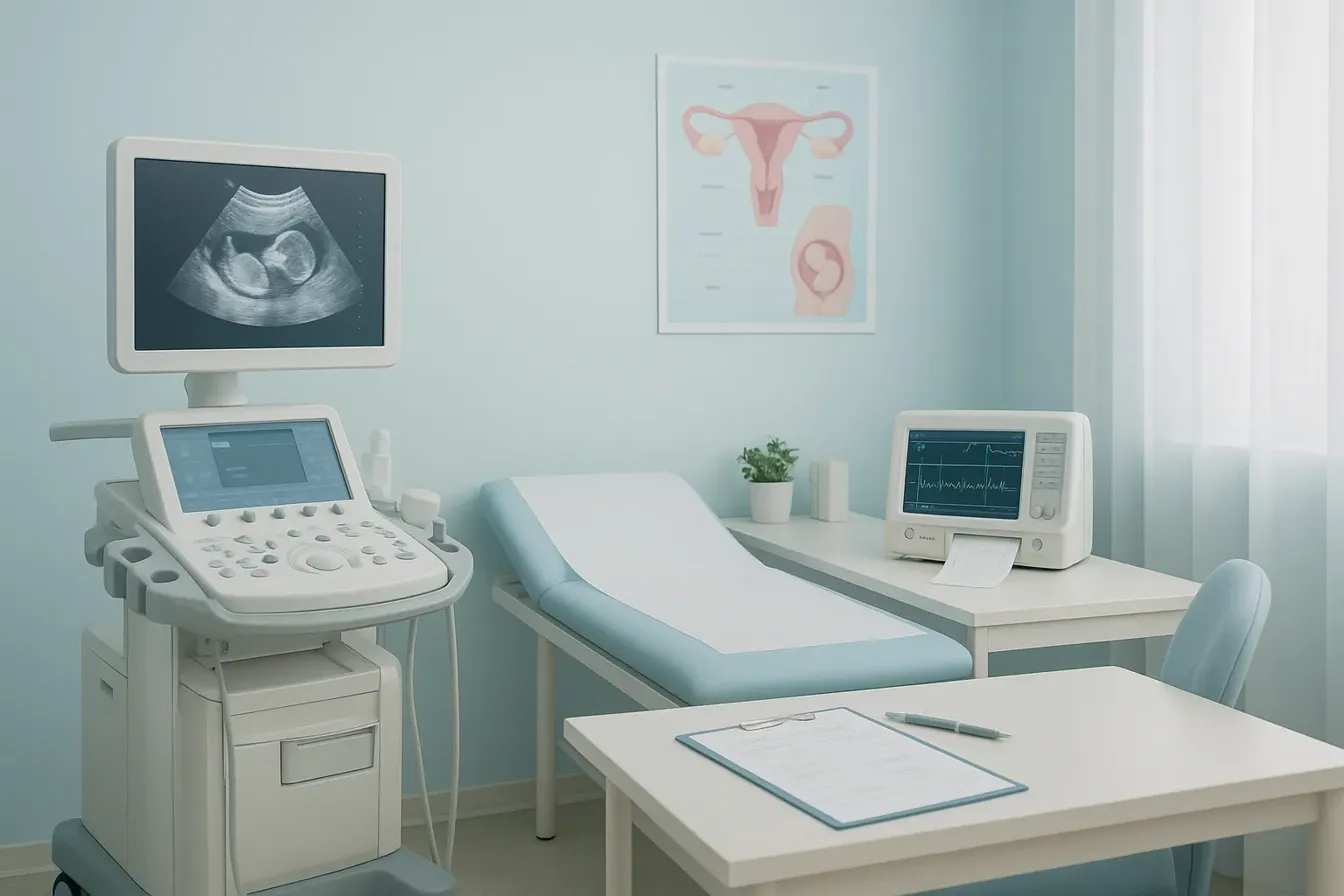Navigating VBAC: Key Insights for Expectant Mothers After Cesarean

An estimated 1 in 10 women in the United States have polycystic ovary syndrome (PCOS), a condition often linked to infertility. If you’ve been managing PCOS and are ready to conceive a child, you can find the resources you need at Raveco Medical.
Our experienced OB/GYNs specialize in the diagnosis and treatment of PCOS in adolescent girls and adult women. We can also address underlying fertility issues that result from PCOS, so you can plan for the family you want.
An overview of PCOS
PCOS is a hormone condition that affects females during their childbearing years. When you have PCOS, your levels of testosterone are abnormally high. Testosterone is a male reproductive hormone that females also produce in smaller amounts.
Elevated testosterone levels can affect your ovulation cycles, which can lead to additional hormone imbalances and related health complications.
PCOS symptoms can also disrupt your quality of life and appearance. These symptoms include:
- Acne
- Headaches
- Weight gain
- Irregular or heavy periods
- Male-pattern baldness
- Excessive facial and body hair growth
Because PCOS interferes with your ovulation cycles, becoming pregnant can be difficult for many women with the condition. PCOS-related infertility is treatable and there are therapies available to improve your chances of a successful conception.
PCOS treatments to enhance your fertility
Our Raveco Medical team offers personalized care plans for women with bothersome PCOS symptoms. We take a whole-person approach to addressing your symptoms and can suggest diet improvements, lifestyle changes, and daily exercises you can do to optimize your overall wellness.
Our physicians can also prescribe hormonal birth control to restore balance in your natural hormone levels. We offer several hormone delivery methods, including patches, pills, and vaginal rings to accommodate your lifestyle and personal preferences.
In the treatment of PCOS-related infertility, our specialists might recommend a surgical procedure known as ovarian drilling to improve your chances of conception. We use advanced techniques to create tiny openings in your ovaries to support ovulation.
Weight loss is also an effective strategy for managing PCOS because being overweight or obese can worsen symptoms. Losing even a small percentage of weight can restore your ovulation, regulate your period, and improve your body’s response to fertility medications.
Advanced treatments for PCOS infertility
If medications and lifestyle strategies aren’t improving your fertility, our OB/GYNs can discuss your options for advanced treatments like in vitro fertilization (IVF).
IVF involves the surgical retrieval of your eggs and their fertilization by your partner’s sperm in a medical lab. Fertilized eggs are then placed back into your uterus to develop into a pregnancy.
When you conceive a viable pregnancy, our team continues to monitor you for PCOS-related pregnancy complications like gestational diabetes and preeclampsia. We offer comprehensive pregnancy care for adult women and adolescent girls to help you safely navigate the journey to childbirth.
We also offer resources to lower your risk for such complications by maintaining a healthy weight, taking folic acid supplements, and managing your blood sugar levels.
Call the Raveco Medical office in Forest Hills or Woodside, New York, today to schedule a PCOS consultation. You can also book an appointment online.





.png)